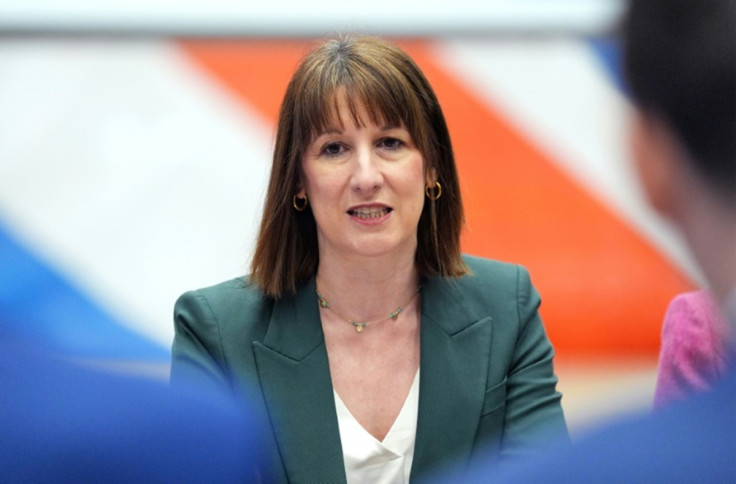UK Inflation Stays High: What's Next for the Budget?
With inflation stuck at 3.8%, Chancellor Reeves faces tough choices in the Autumn Statement on 26 November

UK inflation held at 3.8% in September for a third month, while the core Consumer Price Index (CPI) edged down to 3.5%, and markets quickly priced softer interest-rate risks as gilt yields slipped to fresh 2025 lows.
With the Autumn Budget set for 26 November, Chancellor Rachel Reeves faces competing demands: hold the line on borrowing or loosen the purse strings in a weak growth, high-debt environment.
According to the Office for National Statistics, a slight decrease in core inflation is offering a glimmer of relief to policymakers.
Grant Fitzner, chief economist at the ONS, noted that 'a variety of price movements meant inflation was unchanged overall in September,' with petrol prices and airfares among the most significant upward drivers.
Despite the plateau, inflation remains well above the Bank of England's 2% target, and the UK continues to record the highest inflation rate among G7 nations.
Interest Rates and Gilt Yields React
The Bank of England had previously projected inflation to rise, prompting expectations of further interest rate hikes. However, the unexpected steadiness in the figures has led to a shift in market sentiment.
UK gilt yields, which represent the interest rates on government bonds, fell to their lowest level of 2025 at 4.4% following the release of the inflation data.
BBC Economics Editor Faisal Islam described the movement as a 'tumble' in yields, reflecting investor optimism that rate hikes may be paused.
Nevertheless, the Bank is likely to maintain a cautious stance. With inflation still nearly twice the Bank of England's 2% target, most analysts expect interest rates to remain elevated for longer. Forecasts suggest only one rate cut is likely before mid-2026, as policymakers tread cautiously to avoid reigniting inflation pressures.
Budget Pressure Mounts for Chancellor Reeves

The inflation figures arrive just weeks before Chancellor Rachel Reeves is set to deliver her Autumn Statement on 26 November. While the steady inflation rate may offer some breathing room, Reeves faces mounting pressure to balance fiscal discipline with public expectations.
Government borrowing surged to £20.2 billion in September, marking the highest level for that month since the pandemic. This sharp increase highlights the growing challenge ahead, as the widening gap between public income and spending raises concerns about the sustainability of current fiscal policies.
According to Forbes Advisor UK, speculation is rife about potential tax hikes and spending cuts. Reeves is reportedly considering reforms across pensions, property, and income tax bands, though no firm details have been confirmed.
Political and Economic Crossroads
The Chancellor's decisions will be shaped not only by domestic pressures but also by global economic instability. Ongoing geopolitical tensions and supply chain disruptions continue to fuel inflationary pressures, complicating the UK's path to recovery.
Experts warn that the government's target of 2% inflation may not be achieved until late 2026, meaning households could face prolonged cost-of-living challenges. Food inflation remains particularly persistent, and while energy prices have stabilised, they still contribute to elevated consumer costs.
What to Expect in the Autumn Statement
With the Autumn Budget looming, economists and political observers are watching closely for signs of fiscal tightening. Key areas to monitor include:
- Taxation: Possible increases in capital gains tax and adjustments to income tax thresholds.
- Public Spending: Cuts to departmental budgets may be on the table, particularly in non-ringfenced areas.
- Support Measures: Targeted relief for low-income households could be introduced to offset inflationary pressures.
The Chancellor's balancing act will be delicate. Any aggressive fiscal tightening risks stalling economic growth, while leniency could exacerbate inflation and borrowing concerns.
As the UK grapples with persistent inflation and fiscal strain, the Autumn Budget will be a defining moment for the government's economic strategy. With inflation stuck at 3.8% and borrowing on the rise, Chancellor Reeves must navigate a complex landscape of economic realities and political expectations.
Whether the Budget delivers stability or stirs further uncertainty remains to be seen. But one thing is clear: the stakes have rarely been higher.
© Copyright IBTimes 2025. All rights reserved.



















